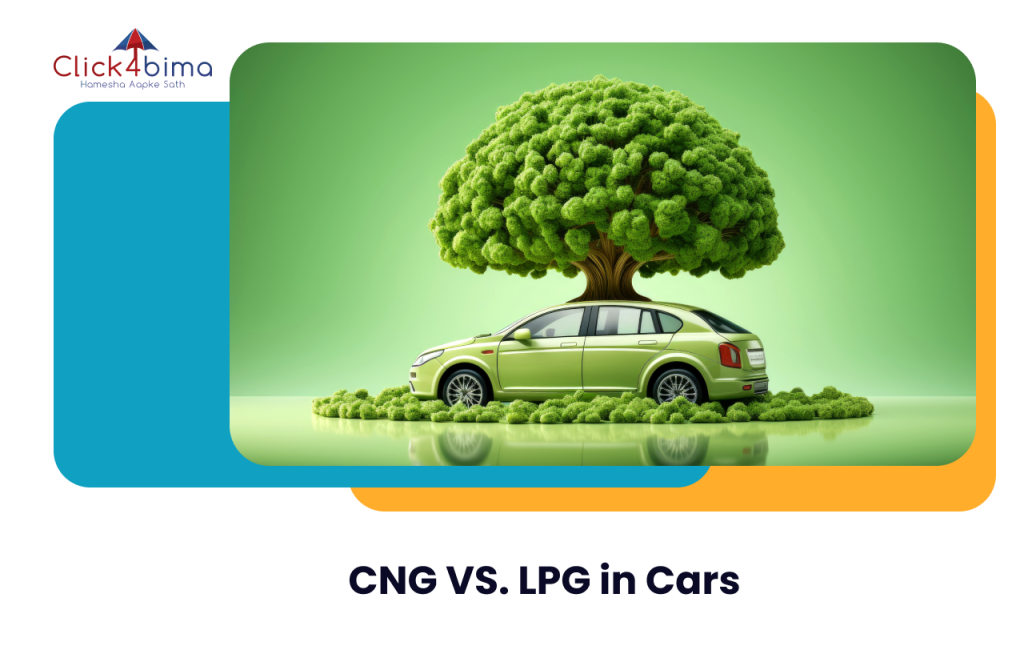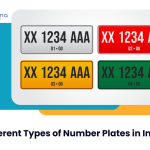When you want to pick an alternative fuel for your car, Compressed Natural Gas (CNG) and Liquefied Petroleum Gas (LPG) stand out as two common choices. Both have a positive impact on the environment compared to regular gasoline and diesel fuels, but they have their own features, pros, and cons.
What is CNG?
Compressed Natural Gas (CNG) burns cleaner than gasoline and diesel. It consists of methane, a natural gas squeezed to high pressure to fit in a cylinder-shaped tank. CNG has gained popularity for its green properties low emissions, and cost savings.
What is LPG?
Liquefied Petroleum Gas (LPG) combines propane and butane kept as a liquid under pressure. People use LPG as a different option for car fuel. It burns cleaner and works better than regular fuels.
Key Differences Between CNG and LPG
1. Fuel Makeup and Holding
CNG: Makeup- methane (CH4).
Holding: Kept in high-pressure containers (about 200-250 bar) as a gas.
Holding Spot: Often fixed in the trunk or beneath the car.
LPG: Makeup- A blend of propane (C3H8) and butane (C4H10).
Holding: Kept as a liquid under medium pressure (about 8-10 bar) in a round tank.
Holding Spot: put in the trunk, at times replacing the spare tire.
2. Effect on Nature
CNG: Outputs: Gives off less carbon dioxide (CO2), nitrogen oxides (NOx), and tiny bits compared to gas and diesel.
Plus Points: Seen as one of the cleanest other fuels cutting down on greenhouse gases and making air better.
LPG: Outputs: Makes less CO2 and NOx than gas and diesel, but a bit more than CNG.
Plus Points: Cleaner than old fuels and helps cut down on smog-making pollutants.
3. Fuel Efficiency and Performance
CNG: Efficiency: CNG has a lower energy density than gasoline and LPG. This results in fewer miles per unit of fuel.
Performance: Cars might show a small drop in power and speed-up compared to gas engines.
LPG: Efficiency: LPG packs more energy than CNG. This gives better mileage and performance than CNG.
Performance: Cars running on LPG often match the performance of gas engines.
4. Cost and Availability
CNG: Cost: CNG costs less than gasoline and LPG in most cases. But, the price of CNG fueling setup can change based on the area.
Availability: You’ll find fewer CNG filling stations than LPG stations. This can cause problems in some places.
LPG: Cost: LPG costs more than CNG but less than gasoline and diesel.
Availability: LPG fueling setup is more common. This makes it easier to get in many areas.
5. Vehicle Conversion and Maintenance
CNG: Conversion: Converting a vehicle to run on CNG requires the installation of high-pressure tanks and a special fuel system. This conversion can be expensive.
Maintenance: CNG engines generally require less maintenance compared to diesel engines but may need specialized servicing.
LPG: Conversion: LPG conversion is generally less expensive and less complex than CNG conversion. It involves installing a smaller tank and a different fuel system.
Maintenance: LPG engines are normally cheaper to maintain compared to gasoline engines but may need regular checks for leaks and tank condition.
6. Safety Considerations
CNG: Safety: Since CNG is in a state of great pressure, its tanks must be strong and well-maintained. In the case of leakage, due to the lightness of the gas, it quickly diffuses in the air, and because of that, explosion hazards are minimal.
Regulatory: Installation and maintenance of CNG tanks are guided by strict standards on safety.
LPG: Safety: LPG is moderately pressurized and heavier compared to air, making it dangerous in case of a leak. Correct installation and periodic checks are the mantras for safety.
Regulations: LPG systems need to adhere to safety norms in order to avoid leakage and other dangers of operation.
Conclusion
In choosing between CNG and LPG for your car, there are many factors to be considered regarding their relative environmental impact, fuel efficiency, cost, availability, and safety. While CNG is the best option for any eco-conscious driver due to higher environmental advantages and lower emissions, its drawbacks are low energy density with a lack of refueling facilities for it. LPG enjoys better energy density, is available everywhere, and has good performance, similar to petrol, not as eco-friendly as CNG. It all comes down to the needs of an individual, driving patterns, and how accessible the refilling stations are for you. Learning these key differences of CNG from LPG gives you the understanding needed to make your best choice-one which would serve your priorities and go along with all your environmental goals.


